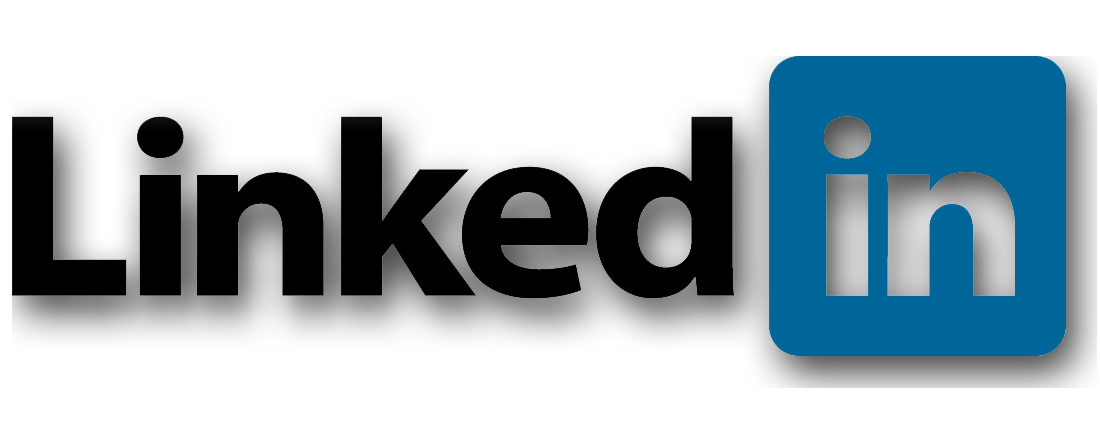At the same time as being under ever more pressure to be productive, competing demands can mean that we are more distracted than ever and that can really get in the way of both our productivity and our wellbeing. Here are some of the lessons I have learned which actually help.
Distraction produces a mental hum in the background that increases anxiety and causes unease, leading to us running with an overstimulated nervous system which actually feels under threat much of the time. When you have important work to do which requires concentration, try the following to help avoid distraction and increase focus:
-
Multi tasking really is a myth. We cannot maintain a concentrated focus on more than one task at a time so give yourself a break and stop trying. Your nervous system will thank you for it
-
Set aside specific time slots for concentrated work so you’re not pulling yourself away from the shallows and eating into your finite supply of willpower and concentration
-
Schedule time for accessing the internet, including emails and don’t use it between those times. If something comes up that requires you to access the internet, keep a list and do it in the scheduled time
-
Batch tasks into those of a similar type so you don’t lose focus from constantly switching your attention between different types of activity.
Prioritise Plot your tasks and projects on a matrix which measures effort/do-ability on one axis and impact on the other. Then prioritise those which are relatively easily achieved and will have high impact and devise a plan for the others. Another helpful matrix charts things by their importance and urgency. The urgent and important should be your top priority. Beware only ever dealing with the urgent but unimportant. And where you can, delegate the non-urgent and unimportant.
Rock, pebbles and sand Imagine putting your biggest tasks (rocks) into a jar, then topping them with the next largest (pebbles) and finally adding the small stuff (sand). The sand will make its way around the larger objects but if you put the sand in first, you will run out of space in the jar before you have added all the rocks and pebbles. So it is with our time, activity and priorities.
Assertiveness Sometimes people find themselves unable to say “No”. This can lead to them taking on too much so they don’t progress their own objectives, or letting people down by not being able to deliver on their promises. Developing assertiveness skills so that you can politely decline or redirect requests will save you valuable time. Think of saying “yes” when you’re unlikely to be able to deliver as an unfaithful yes. Isn’t it better to say no than be unfaithful?
Eat the frog Sometimes we procrastinate. One approach is to do the unpleasant task first – to “eat the frog”. If that seems too daunting, commit to spending just 15 minutes on the frog, so that you at least get started. You may even find that once you start you just keep going
Environment Some people work best in a tidy environment, whereas others prefer (ahem) ‘organised chaos’. Some need peace and quiet while others prefer a hum of activity around them. Learn what sort of environment suits you best and aim to create it.
Breaks Take these regularly. We can only sustain our concentration for periods of 45 minutes or so at a time. Where you can, also schedule time to stretch your legs outside and allow your mind to wander. Paradoxically this aids insight and helps us problem solve.
Be mindful a mindfulness practice does not have to be time consuming. Even just using the time it takes to make a cup of coffee to be present with what you're doing in the moment will help. Again it might seem paradoxical but slowing down really can help us be more effective than constantly rushing and being 'on'.
Know yourself Are you a lark or more of an owl? Some people work best early in the morning, others late at night. Knowing when you are at your most productive means that you can schedule the complex, detailed work then and leave the more mundane activities to times when you are not at your peak.
Project management If you adopt a project management approach to your work, you will find that large pieces of work are broken down into manageable units to make them less overwhelming and easier to fit in when you have limited time. Think breaking rocks into pebbles...
Boundaries At the end of the workday, shut down all work activity, including email and thinking about work. Have a shutdown ritual, including looking at any unfinished tasks, making sure you have a plan for their completion so you can more easily leave them behind for the day. And then resist the lure of constant phone checking for emails unless you really are expecting something urgent. And important.



